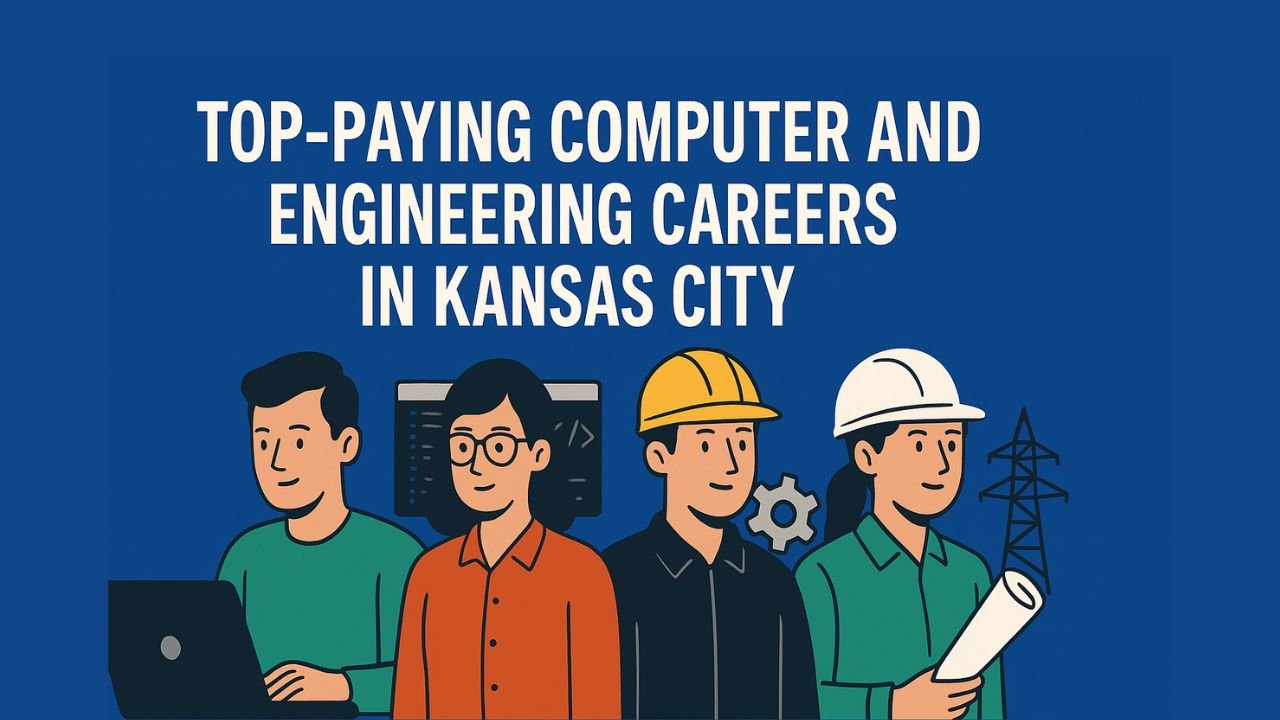When we refer to computer and engineering professions, we’re talking about a broad category of careers centered on developing, managing, or innovating technology and systems.
These roles vary widely—from software developers who design and maintain digital applications, to mechanical engineers responsible for building physical products, machinery, and infrastructures.
Despite their diversity, these careers share key similarities: they typically require at least a bachelor’s degree, involve analytical thinking, and often offer financial stability, especially appealing to recent graduates.
The Impact of AI on Entry-Level Job Opportunities
Not all news in the tech and engineering sectors is positive. The rapid growth of artificial intelligence (AI) has reshaped these industries dramatically, making it harder for new professionals to land their first roles.
Aneesh Raman, LinkedIn’s Chief Economic Opportunity Officer, remarked in a May 2025 op-ed in The New York Times that AI is dismantling the “first rung on the career ladder” for tech workers. Complementing this view, a SignalFire report from the same month revealed a staggering 50% decline in the hiring of fresh graduates by the 15 largest U.S. tech firms since 2019.
Competitive Salaries Still Offer Hope
Despite these challenges, the outlook isn’t entirely bleak. While the bar for entry may be higher, jobs in computer and engineering sectors still command above-average salaries. As of 2024:
- Professionals in computer and information technology earn a median annual income of $105,990.
- Those in various engineering roles receive median earnings above $97,000, significantly more than the national median wage of $49,500.
Future Job Growth Remains Promising
In addition to competitive pay, employment in these sectors is projected to grow steadily. According to the U.S. Bureau of Labor Statistics (BLS):
- The country is expected to see 356,700 new computer-related job openings annually through 2033.
- Meanwhile, engineering occupations are anticipated to grow by 195,000 new roles per year.
Moreover, the rising focus on sustainable construction and eco-friendly infrastructure is likely to open new pathways, particularly for engineers working in civil, environmental, and structural design.
Kansas City’s Highest-Paying Tech and Engineering Jobs
While career growth and innovation play a role in choosing a path, salary potential is often a decisive factor. Using the latest BLS wage data from May 2024, Stacker compiled a list of the best-paying computer and engineering jobs in Kansas City.
These roles are ranked based on median annual salaries, and only those with complete compensation data were included. These roles vary widely—from software developers who design and maintain digital applications, to mechanical engineers responsible for building physical products, machinery, and infrastructures.
Top 20 Highest-Paying Computer and Engineering Jobs in Kansas City
- Computer and Information Systems Managers – $168,000
- Architectural and Engineering Managers – $162,500
- Software Developers (Applications) – $124,600
- Computer Network Architects – $121,300
- Aerospace Engineers – $117,800
- Information Security Analysts – $114,200
- Electrical Engineers – $109,400
- Database Administrators and Architects – $104,900
- Chemical Engineers – $102,300
- Electronics Engineers (Except Computer) – $101,700
- Industrial Engineers – $99,500
- Systems Software Developers – $98,900
- Computer Systems Analysts – $96,400
- Civil Engineers – $92,600
- Mechanical Engineers – $89,700
- Computer Programmers – $88,500
- Environmental Engineers – $87,200
- Health and Safety Engineers – $86,900
- Network and Computer Systems Administrators – $84,000
- Computer User Support Specialists – $63,500
Kansas City remains a strong hub for those pursuing high-paying roles in computer and engineering fields, despite a challenging entry-level job market shaped by AI advancements.
While securing a position may be more competitive than in the past, the potential for high income and job security makes these career paths attractive for new graduates and seasoned professionals alike.
With steady growth projected and innovation driving change, Kansas City is poised to continue offering lucrative opportunities in the tech and engineering sectors despite a challenging entry-level job market shaped by AI advancements.




